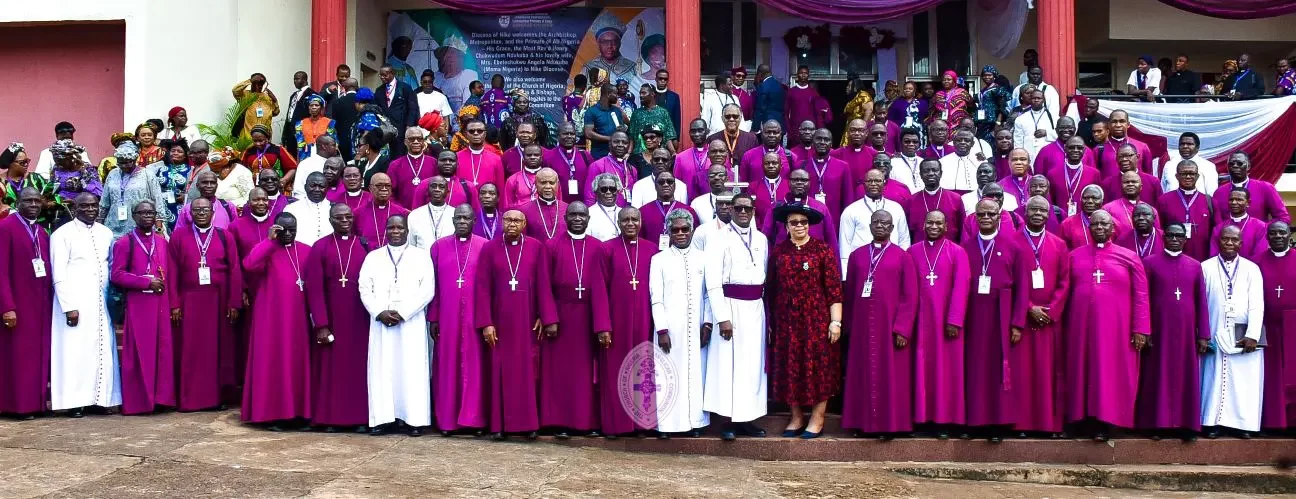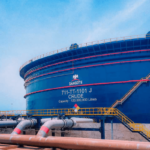The Church of Nigeria, Anglican Communion, has issued a strong condemnation of the pervasive corruption among political leaders, particularly targeting the economic policies of President Tinubu’s government. In a recent communiqué following its Standing Committee meeting at St. Andrew’s Basilica, Hill View, Trans-Ekulu, Enugu State, the Church expressed deep concern over the hardships inflicted on Nigerians by what it termed “insensitive economic policies.”
The meeting was attended by 147 Archbishops and Bishops, 107 clergy members, and 93 lay representatives, reflecting a united front on pressing national issues. The communiqué, signed by prominent church leaders including Most Rev’d Henry C. Ndukuba, the Primate of All Nigeria, addressed various topics such as the EndBadGovernance protest, rising xenophobia, and the need for local government autonomy.
The Church criticized the incremental amendments to the military-imposed constitution, emphasizing that Nigeria is suffering from a “spate of corruption” that severely hampers development. It noted, “The more corruption is institutionalized, the more it reigns in every facet of the Nigerian nation — Executives, Legislatures, Judiciary, Parastatals, agencies, and even ordinary citizens.”
The communiqué called for urgent reforms, urging anti-corruption agencies like the EFCC and ICPC to enhance their effectiveness and transparency. It highlighted the need for a collective effort to address the systemic corruption that has become deeply entrenched in Nigerian society. “The speed and depth with which corruption thrives in Nigeria makes it difficult but not impossible to cure,” the statement read.
Additionally, the Church acknowledged the recent EndBadGovernance protest, which took place from August 1 to 10, 2024, as a powerful expression of public discontent against governance failures and rising hunger in the country.
As the Anglican Church amplifies its call for accountability and reform, it seeks to inspire action among both citizens and leaders to confront the challenges facing Nigeria and to foster a more transparent and just society.






